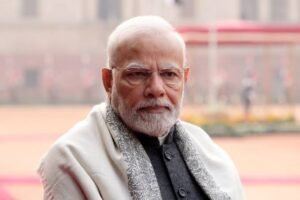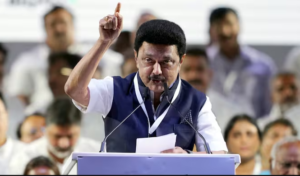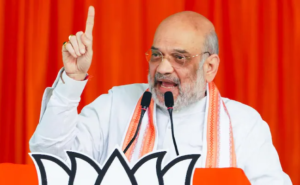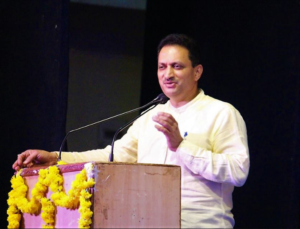Amit Shah’s Challenge to Mamata Banerjee: Decoding the Citizenship Law CAA Debate

Mamata Banerjee is creating a division between Hindus and Muslims, Amit Shah said
Union Home Minister Amit Shah has issued a direct challenge to West Bengal Chief Minister Mamata Banerjee over her strong opposition to the Citizenship Amendment Act (CAA), whose rules were recently notified. Shah criticized Banerjee for her stance, accusing her of misunderstanding the distinction between refugees and infiltrators.
In a pointed statement, Shah appealed to Banerjee, urging her not to oppose Bengali Hindus seeking refuge from Bangladesh. He challenged her to identify any clause in the act that strips away citizenship, accusing her of stoking fear and division for political gains.
Shah emphasized that Banerjee’s opposition was based on politics rather than genuine national security concerns, asserting that she failed to grasp the difference between refugees and infiltrators.
On the other hand, Mamata Banerjee has declared her refusal to enforce the CAA in West Bengal, urging people not to apply for citizenship under the act. She labeled the law as a gimmick, warning that applying for citizenship could result in individuals being branded as “illegal migrants” and stripped of their rights.
Meanwhile, Amit Shah also targeted Aam Aadmi Party chief and Delhi Chief Minister Arvind Kejriwal for his opposition to the CAA. Shah criticized Kejriwal’s assertion that the law would lead to chaos and an increase in crime, stating that the law aimed to provide citizenship to refugees who had already sought shelter in India by 2014.
Shah accused Kejriwal of indulging in vote-bank politics and questioned his silence on issues related to Bangladeshi infiltrators and Rohingyas. He emphasized the plight of refugees who had fled their homelands due to persecution, criticizing the Congress for backtracking on its promises to grant them citizenship.
The notification of CAA rules by the Union Home Ministry comes amidst ongoing political debates, ahead of the Lok Sabha election schedule announcement. The CAA, passed by Parliament in 2019, aims to confer Indian citizenship to persecuted non-Muslim migrants from Bangladesh, Pakistan, and Afghanistan who arrived in India before December 31, 2014.





